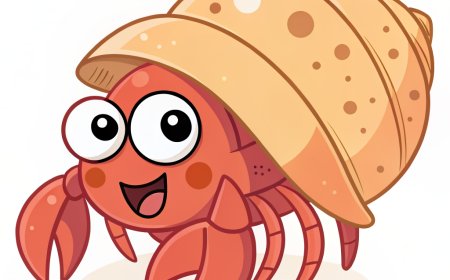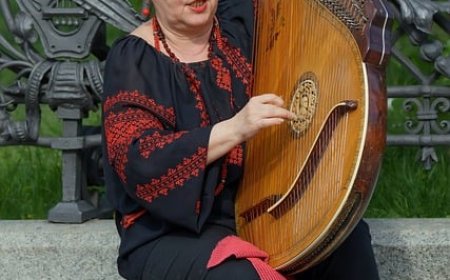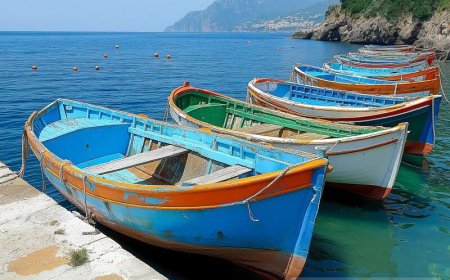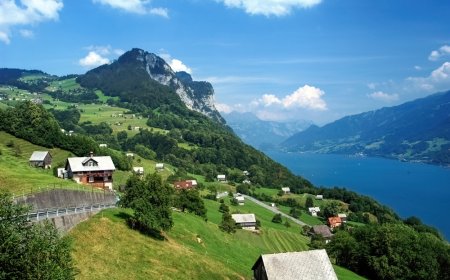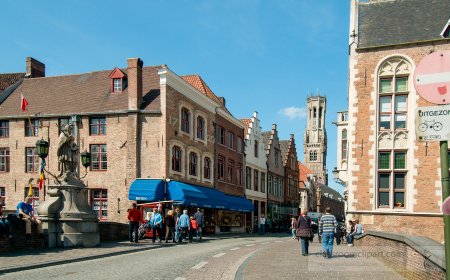Macao for Students: Geography, Culture, and History of Asia’s Smallest Region
arn about Macao’s Portuguese heritage, famous casinos, and traditions in this student-friendly article with vocabulary, quiz
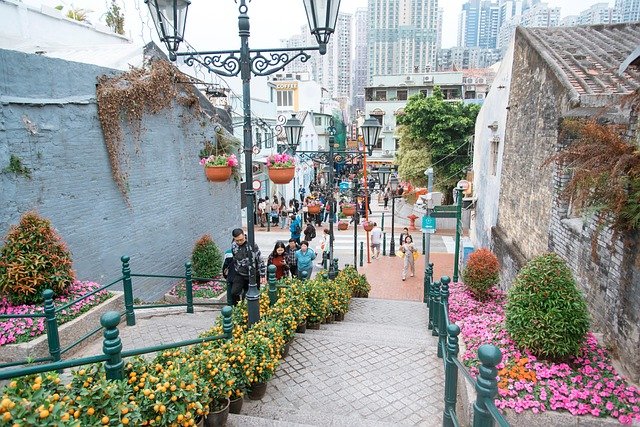
Macao: A Blend of East and West on China’s Southern Coast
Introduction
Macao (also spelled Macau) is a small but fascinating region on the southern coast of China. Known for its mix of Chinese and Portuguese culture, bright casinos, and historic buildings, Macao is one of the most unique places in Asia. Although it is tiny—only about 12 square miles—it has a big personality shaped by centuries of trade and multicultural life.
Geography and Landscape
Macao lies on the Pearl River Delta, just across the water from Hong Kong. It includes a small peninsula connected to mainland China and two islands, Taipa and Coloane, which have been linked by land reclamation to form Cotai.
The region is mostly flat and urban, with tall buildings, busy streets, and colorful neon lights. The coastline has beaches and fishing villages, while the city center is full of old churches and temples.
Macao has a subtropical climate, with hot, humid summers and mild winters. Typhoons can bring strong winds and rain in late summer.
Cities and Regions
Macao is a Special Administrative Region (SAR) of China, similar to Hong Kong. Its main areas are:
- Macao Peninsula – the historic center with markets, colonial buildings, and casinos
- Taipa – a residential and entertainment district
- Coloane – known for quiet beaches and hiking trails
- Cotai – famous for huge casino resorts and shopping malls
The city of Macao is the only urban center, and nearly everyone lives in this small space.
People, Language, and Culture
With about 700,000 residents, Macao is one of the most densely populated places on Earth. Most people are ethnic Chinese, but Portuguese influence remains strong after 400 years of colonial rule.
The official languages are Chinese (Cantonese) and Portuguese, and many signs are bilingual. English is also widely used in tourism and business.
Macao’s cultural highlights include:
- Temples dedicated to Chinese gods and ancestors
- Catholic churches built during Portuguese rule
- Festivals like Lunar New Year, Dragon Boat Festival, and the Feast of the Immaculate Conception
- Macanese cuisine, blending Chinese and Portuguese flavors
Food and Daily Life
Macao’s cuisine mixes ingredients and recipes from many cultures. Meals often include rice, noodles, seafood, and spices.
Popular dishes include:
- Egg tarts – sweet pastries with creamy filling
- Minchi – minced meat with potatoes and soy sauce
- African chicken – a spicy roasted chicken dish
- Pork chop buns – a popular street snack
Tea, coffee, and Portuguese-inspired desserts are common. Children start kindergarten around age 3; education is free and compulsory until middle school, covering Chinese, Portuguese, English, math, and science.
History of Macao
Settled by Chinese fishermen and traders, Macao became a Portuguese trading port in 1557. Over centuries, it served as a key link between Europe and Asia.
In 1999, Portugal returned Macao to China under “one country, two systems,” allowing Macao to retain its own laws, currency, and way of life. Today, Macao is the world’s largest casino center and a major tourist destination.
Nature and Wildlife
Despite its urban density, Macao has green spaces. Coloane offers parks, walking trails, and beaches. Mangrove forests along the coast provide habitat for birds, fish, and crabs.
Vocabulary List
| Word | Definition |
|---|---|
| Peninsula | Land almost surrounded by water |
| Typhoon | A strong storm with heavy rain and wind |
| Special Administrative Region | A region with its own government under China |
| Macanese | Related to Macao’s unique mix of cultures |
| Egg tart | A sweet pastry with creamy filling |
| Minchi | A local dish of minced meat and potatoes |
| One country, two systems | A rule allowing regions to keep their own laws |
| Reclamation | Creating new land by filling in water |
Kid-Friendly Summary
Macao is a tiny region next to China, known for its mix of Chinese temples and Portuguese churches, plus bright casinos. People speak Cantonese and Portuguese, enjoy egg tarts and festivals, and live in a place where East meets West every day.














